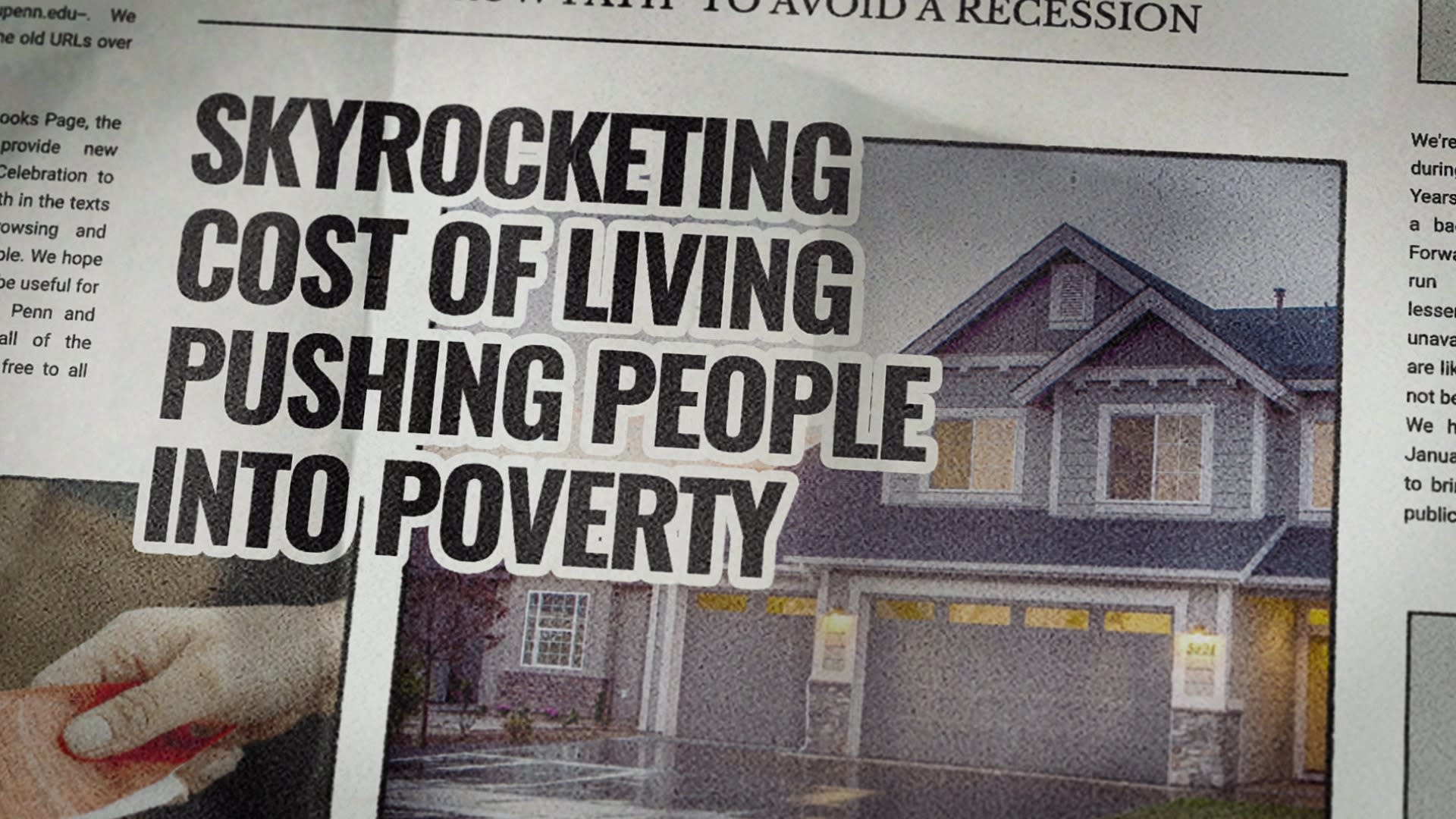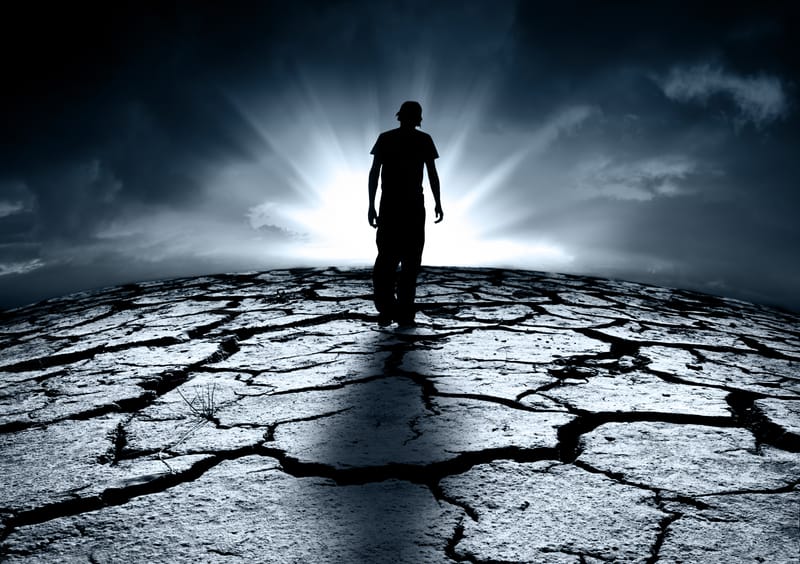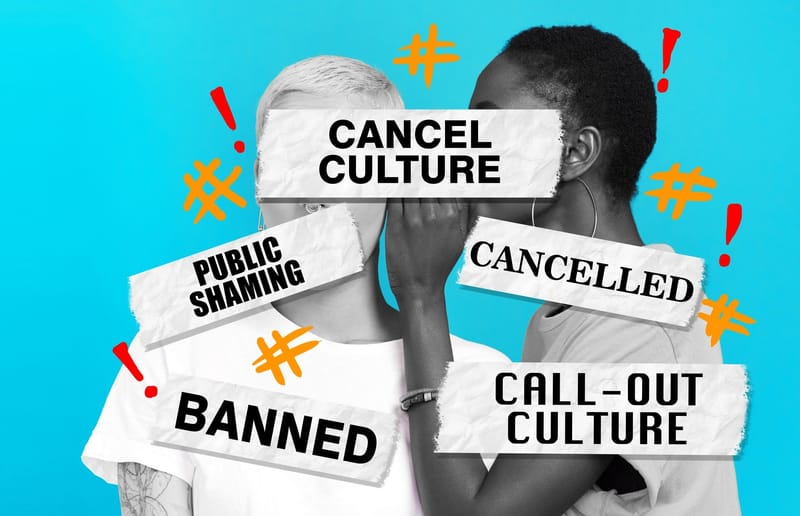
For years, the narrative of growing poverty has tugged at our heartstrings, with people either living with barely enough to survive, or dying with even less.
So why is it only getting worse? Despite years of efforts to address the issue, poverty is only getting worse. Not only that, but middle-class families are now also struggling to make ends meet as the cost-of-living crisis bites, while the wealth gap between the rich and the rest of us continues to grow.
The growing number of displaced persons only adds to the critical need for change. The relationship between poverty and displacement is cyclical.
Poverty can make people more vulnerable to displacement, as they may lack the resources to cope with environmental or economic shocks, or may be forced to flee their homes due to conflict or persecution.
Conversely, displacement can lead to poverty, as people may lose their livelihoods and access to basic services, and may struggle to rebuild their lives in new communities.
How does the poverty cycle perpetuate itself, and how can we break free from it? Can a recession help reset the balance? Is there anything else we can do to restore balance, without enforcing a new political ideology?





